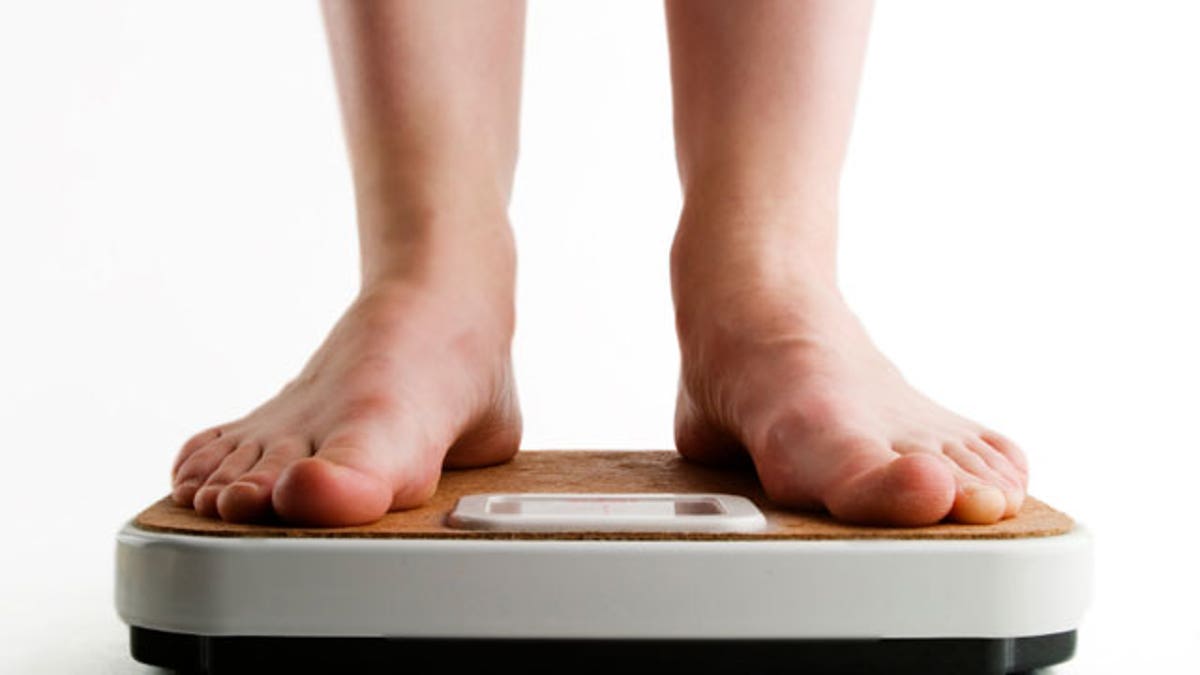
America seems to be getting fatter, so it’s no wonder more emphasis is being placed on healthy lifestyle and weight loss. In general, this is a good thing—obesity is expensive and can be life-threatening. However, misinformation about obesity—and especially weight loss—can lead to unintended health consequences, failure to lose weight or regain after a period of loss.
READ MORE: How Much Does Obesity Cost in Your State?
That’s why researchers at the University of Alabama at Birmingham, led by Krista Casazza, partnered with peers around the world to examine research surrounding obesity and weight loss. Their work culminated in “Weighing the Evidence of Common Beliefs in Obesity,” a research review released in June that examined hundreds of scientific studies. Here are a few of their findings.
Myth: Losing weight slowly, rather than quickly, ensures you’ll keep it off.
Fact: Research simply doesn’t support this claim, though you can find it spouted anywhere from respected weight loss websites to national TV shows. In fact, research supports the opposite claim: Rapid weight loss, especially initially, has been shown in clinical trials to lead to greater weight loss and maintenance. This effect has been shown time and time again, both with the help of medications and without, and also in surveys of people who had lost more than 10 percent of their body weight and kept it off a long time.
READ MORE: Reasons to Eat Healthy That Have Nothing to Do With Weight Loss
Myth: Setting realistic weight loss goals helps you achieve them.
Fact: This notion comes from the belief that if you set unrealistic goals and fail, you’ll be discouraged and give up. In fact, many research studies have found no correlation between how aggressive weight loss goals are and the success of weight loss efforts. On the other hand, a few studies have found that when people have a target weight in mind, they might not achieve that weight but end up losing more than people with less aggressive goals.
Myth: Physical education classes help reduce childhood obesity.
Fact: To determine whether this is true, researchers compared students with regular physical education classes and those without. No difference in body mass index was found. Anything that gets children moving is a step in the right direction, however, and the researchers said that PE classes were falling short and suggested a curriculum where children get more activity than classes currently offer.
Myth: Breast-feeding protects against obesity.
Fact: This claim has been around for over 100 years and is still held to be true by certain government bodies. While breast-feeding has many proven benefits, any claims of its effects on obesity have little or no scientific support. Two studies have found that breastfed children have lower BMIs, but this correlation disappears after age 1 in one study, and age 7 in the other. Further, randomized trials cannot be done to prove this definitively due to ethical concerns.
READ MORE: How Much Does It Cost to Have a Baby?
Myth: Daily weigh-ins aren’t helpful for weight loss.
Fact: Many people are told to weigh themselves on a weekly basis or use the fit of their pants to assess progress, perhaps because the number on the scale can have a negative psychological effect. The truth is that the more you weigh yourself, the lower your body weight is likely to be. This daily weighing effect has been studied in randomized trials. Time and time again, daily weigh-ins have shown to positively influence weight loss or lead to lower BMIs.
Myth: Obesity is unrelated to genes, and it doesn’t run in families.
Fact: This one’s tricky, because no “fat gene” has yet been isolated. The UA researchers note, however, that several studies link the obesity epidemic to family trends in the U.S. Heavier people are more likely to marry and have kids with other heavier people. They are also more likely to have more children and have heavier children.
Myth: Food deserts contribute to obesity.
Fact: A food desert can be loosely defined as an area where many people live but little fresh produce is available. Many people think the unavailability of fresh produce leads to higher BMIs in those populations because people in these areas tend to eat more fast food or convenience foods. In fact, in studies that directly target this link, no proven relationship has been found between BMI and the availability of fresh food.
READ MORE: How to Eat More Veggies
Myth: The first year of college causes weight gain (“the freshman 15”).
Fact: Yes, people do tend to gain weight during the first year of college—about 6 pounds on average (although less if they weigh in every day). So, the “freshman 15” is more like a “freshman 6,” but the myth is actually rooted in blaming it on college life. Young people who do not attend college have been shown to gain more weight than those who enroll during that first year out of mom and dad’s house.
Lacie Glover writes for NerdWallet Health, a website that helps people reduce their medical bills.
